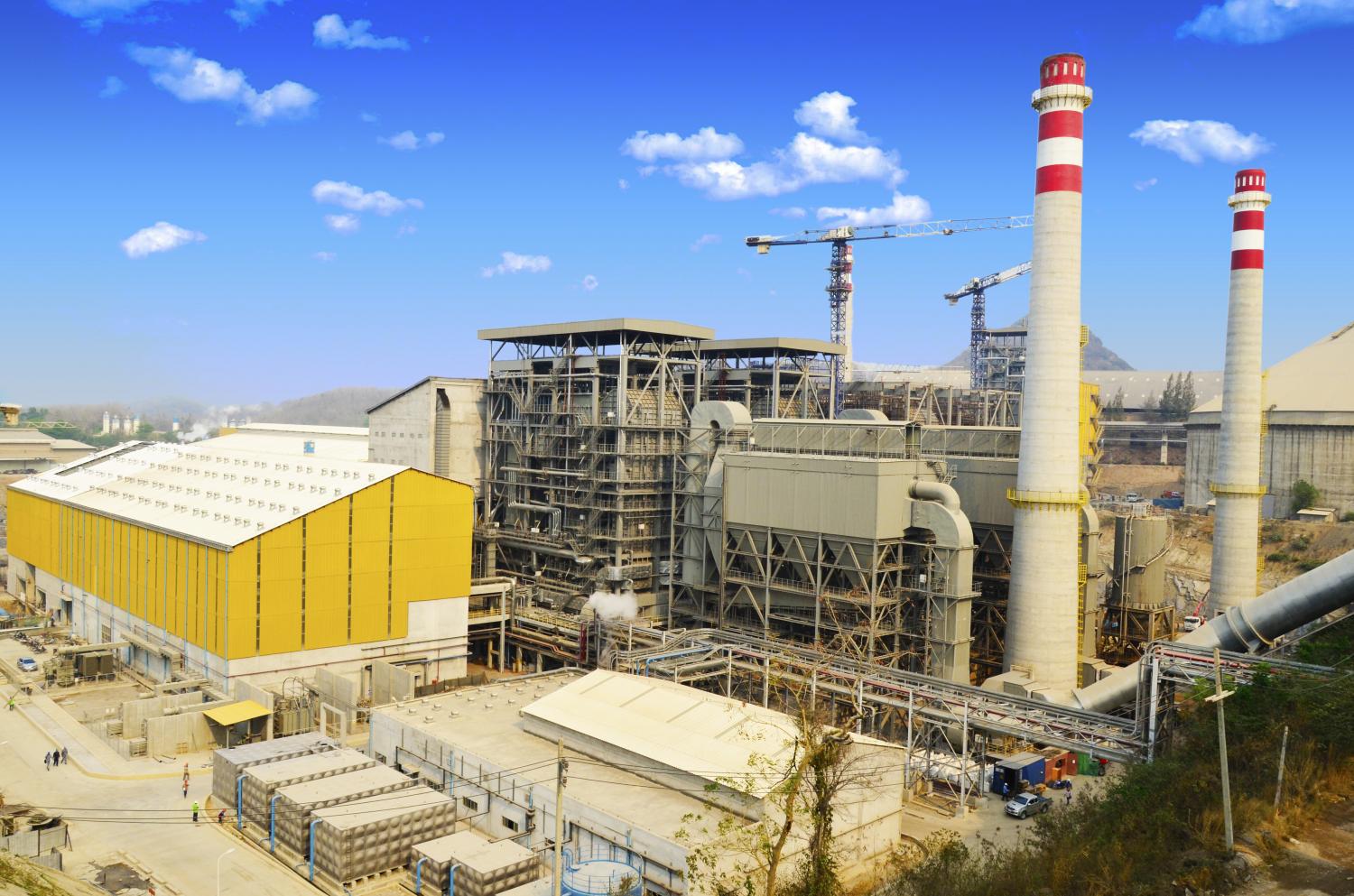
TPI Polene Power Plc (TPIPP), Thailand's largest waste-to-energy project developer and operator by capacity, will continue to allocate its five-year capital spending of 14 billion baht to replace its coal usage with renewable energy and boost its power generation capacity.
The budget allocation started last year.
The company plans to spend 3 billion baht supporting projects aimed at reducing coal imports and phasing out coal-fired power generation by 2026, said Worawit Lerdbussarakam, vice-president of TPIPP.
Last year, coal was used to produce half of the 440 megawatts of total electricity generated. Its usage is expected to fall by 30% to 150MW of 502MW, the new total capacity estimated for 2024.
All power plants will be free of coal by 2026, with total power generation capacity rising to 538MW, said Mr Worawit.
The company wants to depend more on refuse-derived fuel, solar farms and rooftop solar energy for power generation.
The move is in line with the government's campaign for carbon dioxide reduction.
Mr Worawit said the company is preparing to develop a waste-fired power plant in the southern province of Songkhla at a cost of 1.8 billion baht.
The facility, designed to have a capacity of 7.92MW, is scheduled to start operations in 2024.
The company is waiting to sign a power purchase agreement with the Provincial Electricity Authority, the state electricity distribution arm, after being awarded this project in a recent auction.
Energy authorities plan to hold a new auction for four waste-to-energy projects, each with a capacity of 8MW, in July.
Mr Worawit expects TPIPP's financial performance in 2023 to be better than that of last year despite the expiration of adder tariffs, granted to its two renewable power plants, in January, leading to a drop in revenue.
The decrease will be offset by a higher fuel tariff for its power plants and more sales of electricity to TPI Polene Plc, the parent firm of TPIPP, said Pakkapol Leopairut, TPIPP's executive vice-president for accounting and finance.